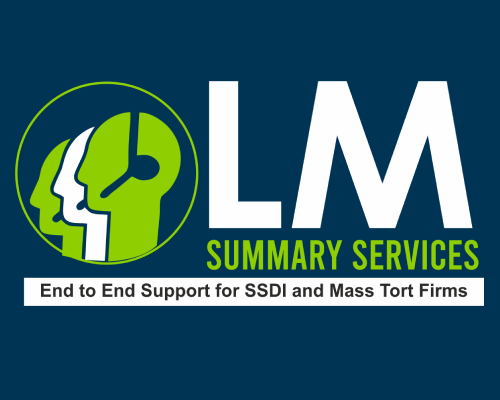SSDI law firms and advocacy groups have increased public awareness of the challenges and intricacies associated with social security disability insurance claims. They achieved this through informative online content disseminated across various digital platforms like websites, blogs, and social media channels.
Yet, to maintain their content quality standards, SSDI firms must remain vigilant regarding the increasing risks associated with A.I.-powered content tools.
As announced last March 2024, Google has declared war on low-quality content flooding its search results, particularly content churned out by AI for the sole purpose of manipulating rankings. This major update targets three main culprits that have polluted search engine results.
Cracking Down on “AI generated content“: Websites relying on a strategy of “scaled content abuse” will face the brunt of this update. This refers to sites pumping out massive quantities of repetitive, unoriginal content - often created with AI tools - with the sole aim of boosting search ranking through keyword stuffing or nonsensical content. Recently, websites like these have become common, churning out pages and pages of "top beaches this summer" but minimal actual information, all to capture search traffic. Google will now penalize such practice and reward websites that offer genuine and helpful content to users.
Protecting Website Reputation: Websites that allow third-party content to compromise their reputation will be penalized under the “site reputation abuse policy.” For example, an SSDI website should not compromise their site's reputation by hosting low quality content from unrelated sources. This will only confuse users expecting genuine content from a trusted source. Google will now classify such third-party content as spam, ensuring a more consistent user experience across a website.
Combating Expired Domain Abuse: Taking advantage of established websites’ past reputation is no longer a viable tactic. “Expired domain abuse” involves taking over old websites known for good content and repurposing them for low-quality content. This practice misleads users into thinking the new content is part of the established website. Google will now crack down on such attempts, ensuring users can trust the source of the information they encounter in search results.
“We believe these updates will reduce the amount of low-quality content on Search and send more traffic to helpful and high-quality sites,” says Google’s Search Director, Elizabeth Tucker. They estimate a 40% reduction in such content.
This update builds on previous efforts to filter out unoriginal content, but with a laser focus on AI-generated spam. While Google itself develops AI tools, they emphasize that AI shouldn’t be used to manipulate search results.
SSDI firms are urged to revise their online content strategy ahead of the impending update scheduled for May 5th. Over time, Google’s emphasis on a cleaner search experience will benefit SSDI firms, enhancing their credibility through the publication of high-quality articles and valuable information.
Against intense competition, growing your law firm demands strategic support. Disability Law Marketing offers over 15 years of SSD field experience to scale up your operations. Contact us for assistance.





 Home
Home